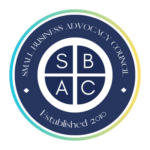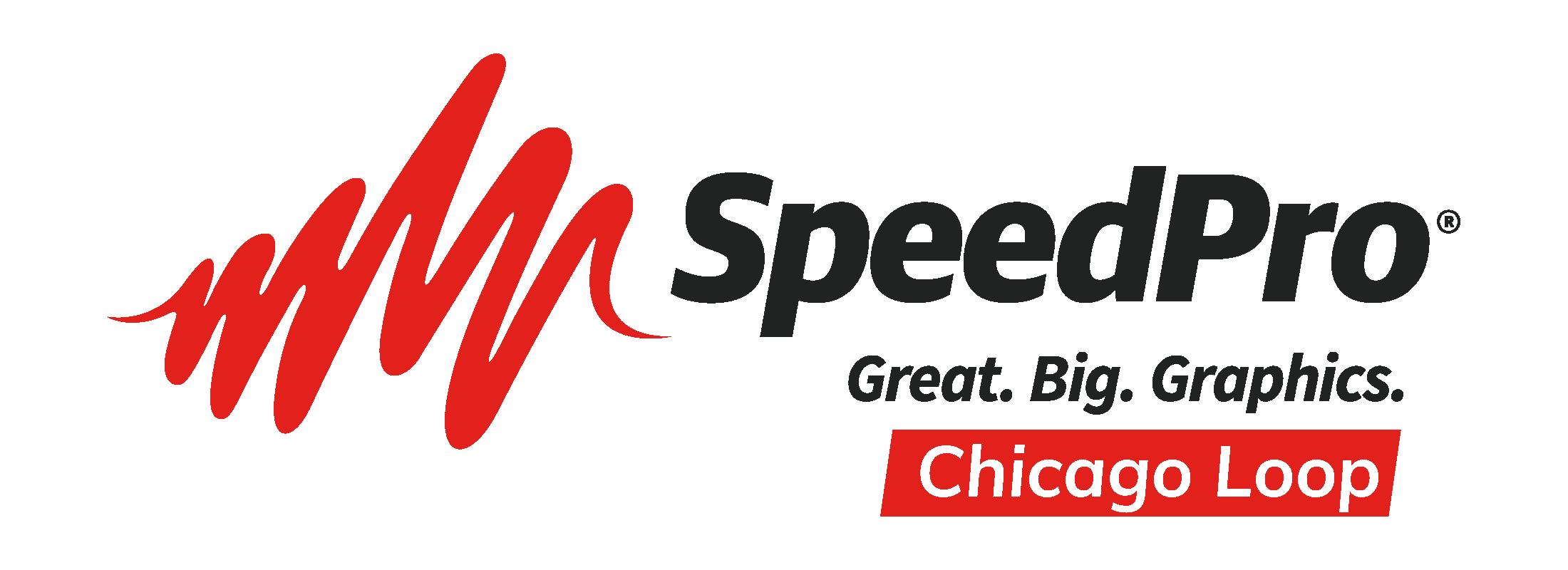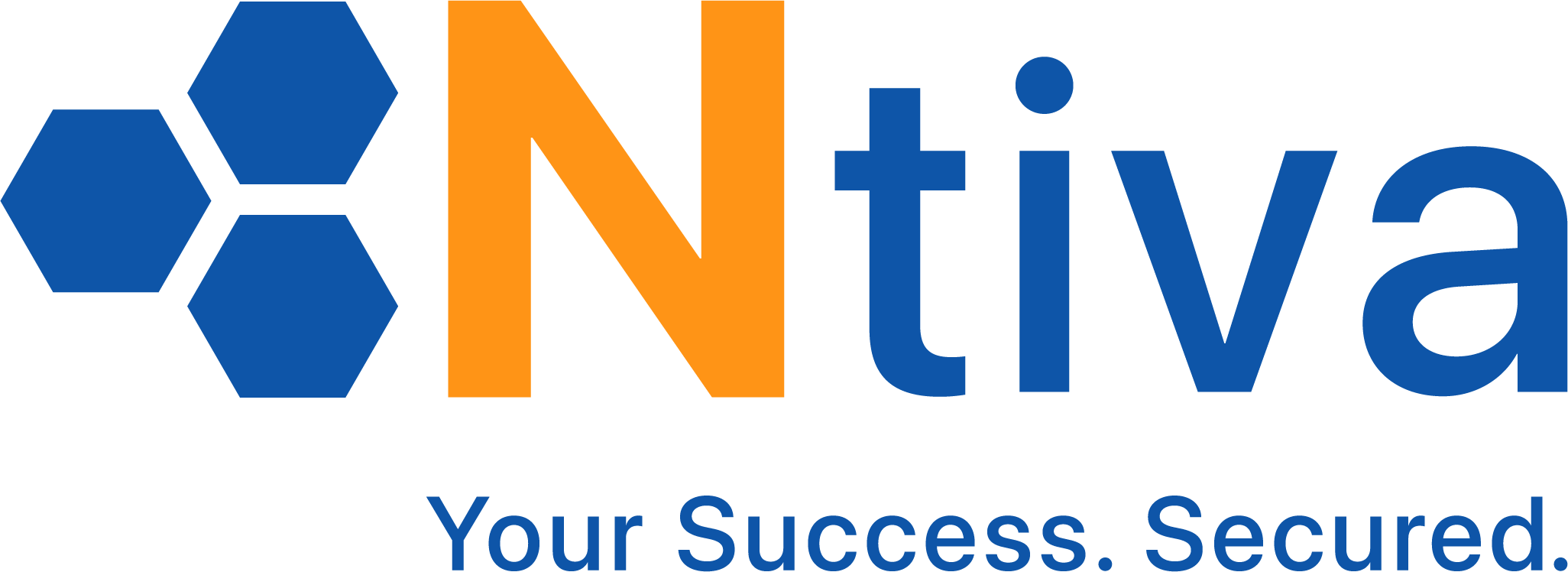Why Occupational Licensing Needs Reform
Occupational licenses are issued to protect the public’s health, safety and welfare. The number of required licenses in Illinois has grown from a handful in the 1950’s to over 430 today.
Policymakers across the political spectrum are challenging states to examine occupational licensing and its impact on reducing competition, increasing costs, exclusion from a multitude of occupations, and harming local economies. Occupational licensing reform expands economic opportunity without sacrificing public safety.
Problems with the Current System
Anti-Competitive: Many Licensing boards create unnecessary educational and training requirements that limit entrance to occupation.
Lack of Uniform Standards and Transparency: Every license comes with its own educational requirements, fees and disciplinary structure. There are no uniform standards and little transparency. Requirements may not match the skills needed in today’s world. Fees and fines may not relate to the occupation’s economic opportunities or serve to protect the public.
Portability and Social Justice: Lack of license portability between states serves as a barrier to people wanting to move to Illinois. Prior criminal and professional disciplinary records regardless of the relevancy of the violation can automatically disqualify an applicant.
Employment is the single biggest factor in reducing recidivism. We are needlessly keeping people from good paying jobs.
What are the Solutions?
Meaningful Sunset and Sunrise Reviews:
Establish meaningful Sunset and Sunrise review procedures to repeal needless licenses and prevent unnecessary licenses from being enacted. Colorado, Texas, Florida and Washington have enacted meaningful Sunset and Sunrise laws.
Require Sensible Standards, Transparency, and Pro-Economic Behavior:
Work to eliminate anti-competitive licensing regulations that restrict the number of licenses granted or encroach on competing occupations. Establish standard and fair fee and disciplinary structures for all licensed occupations. Create a public portal to increase transparency and ease of application.
Encourage Interstate Mobility and Portability:
Eliminate occupational barriers for people who want to move to Illinois. Arizona and New Jersey enacted laws to recognize professional and occupational licenses from other states. Other states are following suit.
Social justice Reform:
Curtail license denials based on irrelevant or long-past criminal records.
Sorry, we couldn't find any posts. Please try a different search.










